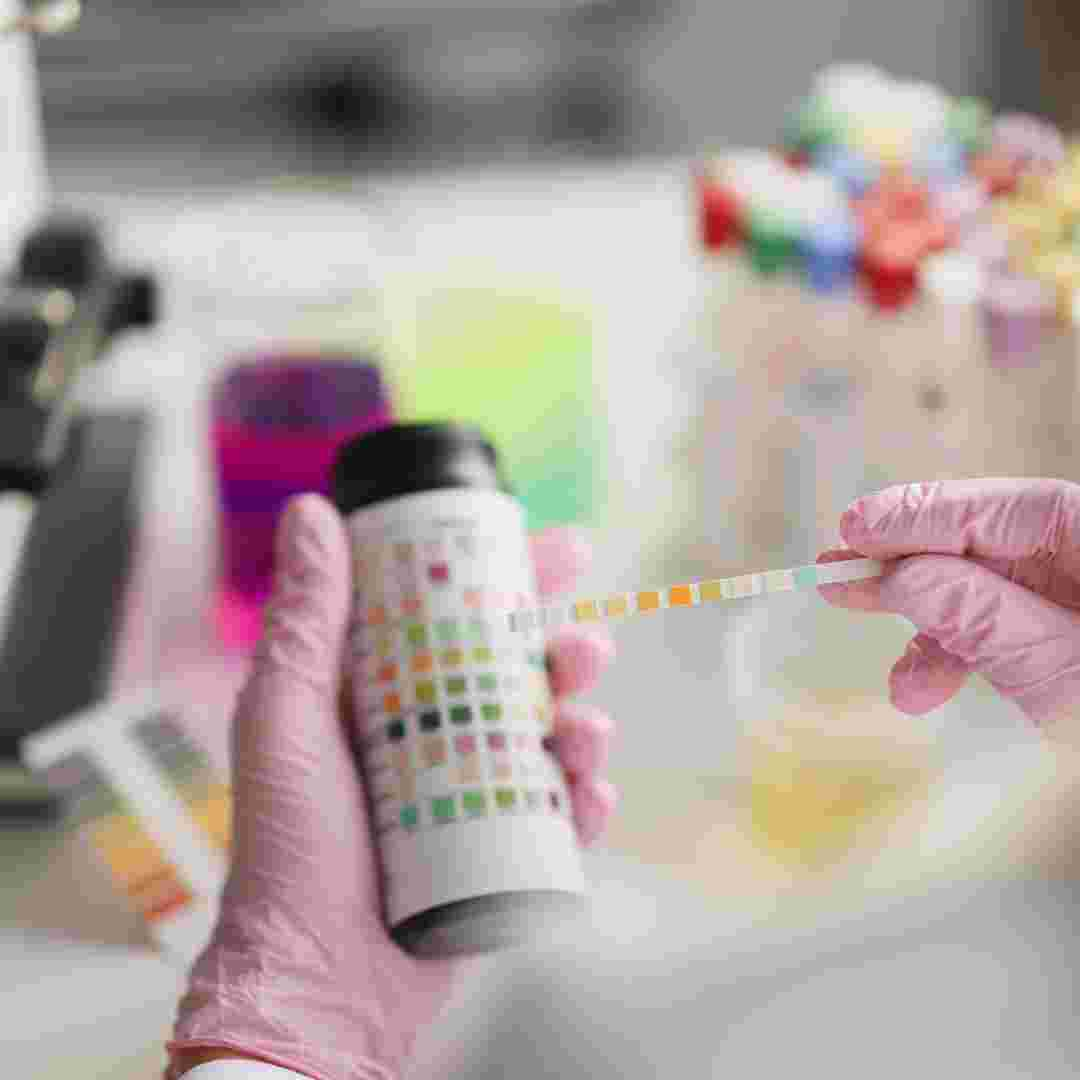Contents Table
Introduction
What Makes Rabbits Pee Blood?
Diagnose and Treat a Rabbit with Bloody Urine
Blood in Rabbit Urine and Diet
Common rabbit urine-bleeding infections
Rabbit Urine Blood Stress
Q&A
Conclusion
Introduction
Rabbits are usually healthy, but several medical problems might cause them to pee blood. Blood in rabbit urine may indicate a urinary tract infection, bladder stones, or malignancy. Any blood in your rabbit's pee should be taken to the vet for diagnosis and treatment to avoid future difficulties.
What Makes Rabbits Pee Blood?
Many medical problems can lead rabbits to urinate blood. UTIs are the leading cause of hematuria in rabbits. Bacteria that enter the urinary tract cause UTIs. Hematuria in rabbits can also be caused by bladder stones, malignancy, and urinary tract trauma. The reason of hematuria is sometimes unknown.
If your rabbit is urinating blood, take it to the vet immediately. A physical exam and urinalysis may be ordered by the veterinarian to determine the aetiology of the hematuria. The cause will determine treatment, which may include antibiotics, diet adjustments, or surgery. Following your vet's advice can help your rabbit recover quickly and completely.
Diagnose and Treat a Rabbit with Bloody Urine
Identifying and treating a rabbit with blood in its pee is tricky. Take the essential actions to give the rabbit the greatest care.
A rabbit with blood in its pee should be examined by a vet first. The veterinarian will test the rabbit's urine for blood during the exam. The vet may test the rabbit's faeces for parasites or illness.
The veterinarian can offer the best treatment for blood in the rabbit's pee after determining the cause. Antibiotics, anti-inflammatories, and other drugs may be prescribed depending on the cause. Sometimes surgery is needed.
In addition to medical therapy, rabbits need a good diet and exercise. A high-fiber, low-sugar diet can decrease urinary tract infections. Exercise helps rabbits stay fit and reduces stress.
Finally, rabbit health must be monitored. Return the rabbit to the vet if its condition doesn't improve or worsens.
Follow these instructions to diagnose and treat a rabbit with blood in its pee. Proper care and treatment can heal the rabbit.
Blood in Rabbit Urine and Diet
Care for a pet rabbit must address the relationship between nutrition and urine blood. A rabbit's health and urine blood levels depend on its nutrition.
A rabbit should eat hay, fresh veggies, and some pellets. Hay should dominate the diet because it's strong in fibre and assists the digestive system. Fresh veggies can disturb digestion, so feed them in moderation. Pellets are high in calories and can cause obesity, so offer them sparingly.
Unbalanced rabbit diets can cause health problems, including blood in the urine. Infection, calcium-phosphorus imbalance, and fibre deficiency can induce this. Without enough fibre, rabbits might develop "sludge," which causes blood in their pee. An illness or calcium-phosphorus imbalance might cause blood in the urine.
Rabbit nutrition and urine must be monitored for health and balance. If the rabbit has blood in its urine, it should see a vet. The vet can diagnose and treat blood.
In conclusion, food affects rabbit urine blood. A rabbit's health and urine blood prevention depend on a balanced diet. If the rabbit has blood in its urine, it should see a vet.
Common rabbit urine-bleeding infections
Many infections can generate blood in rabbit urine. The most prevalent causes of this symptom include cystitis, UTIs, and bladder stones.
Cystitis is bladder inflammation caused by bacteria, viruses, or fungi. Frequent urination, straining, and blood in the urine are cystitis symptoms. Treatment usually involves antibiotics and support.
UTIs are caused by bacteria entering the urinary tract and inflaming it. UTI symptoms include frequent urination, straining, and blood in the urine. Treatment usually involves antibiotics and support.
Bladder stones are hard lumps that cause pain and inflammation. Frequent urination, straining, and blood in pee are bladder stone symptoms. Treatment usually involves surgery to remove stones.
If your rabbit has any of these signs, take it to the vet. Prompt diagnosis and treatment can avert problems.
Rabbit Urine Blood Stress
Stress is vital for rabbit health, and blood in the pee shows it. Stress increases cortisol and adrenaline production, among other physiological changes. Hormones can enhance red blood cell production, which can increase urine blood.
Along with hormonal changes, stress can affect the urinary tract. Under stress, rabbit bladder muscles can tense, increasing bladder pressure. Increased pressure can irritate the bladder, causing irritation and blood in the urine.
Stress can also alter the kidneys, increasing protein and other chemicals in the urine. This can concentrate urine, increasing blood content.
Blood in the pee is not usually a sign of a serious illness. Blood in urine is sometimes a symptom of stress in rabbits. Take the rabbit to the vet if it shows other signs of stress, such as changes in behaviour or eating.
In conclusion, stress can cause rabbit pee to contain blood. To keep a rabbit healthy, you must recognise stress indicators and reduce them.

Q&A
1. Why do rabbits pee blood?
Rabbits may urinate blood due to urinary tract infections, bladder stones, sludge, tumours, and kidney dysfunction.
2. Can I detect if my rabbit pees blood?
If your rabbit is peeing blood, their urine may be darker or redder. You may also notice your rabbit straining to pee or generating less urine.
3. What to do if my rabbit pees blood?
If your rabbit pees blood, take it to the vet immediately. The vet can identify and treat the issue.
4. Does a rabbit pee blood normally?
Bloody urine is not usual for rabbits. If your rabbit pees blood, take it to the vet immediately.
5. Can bloody pee kill a rabbit?
Without treatment, a rabbit can die from peeing blood. If your rabbit pees blood, take it to the vet immediately.
Conclusion
Blood in rabbit urine is a significant medical issue that needs rapid attention. It may be caused by infection, trauma, or a tumour. The illness can kill if untreated. To diagnose and treat your rabbit, take it to the vet immediately.
